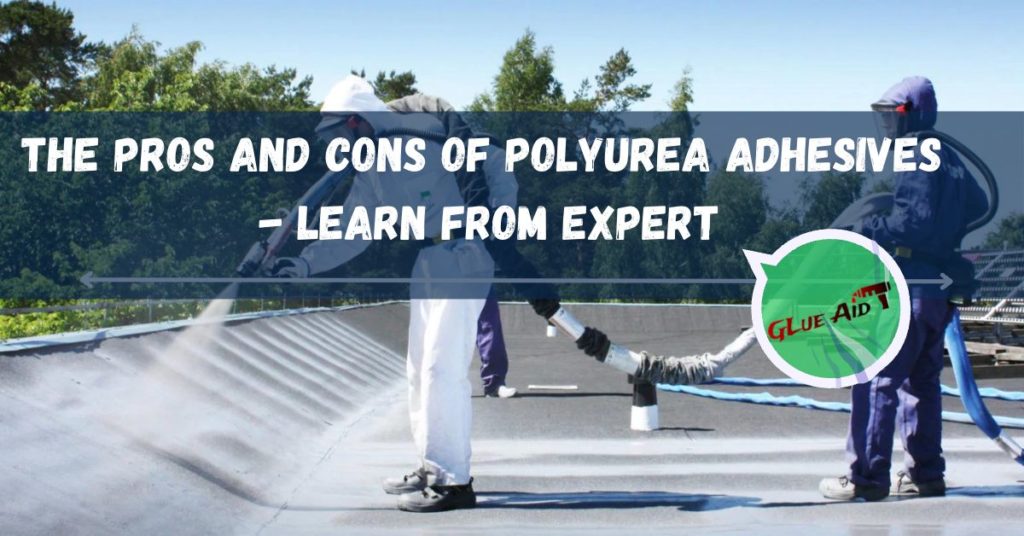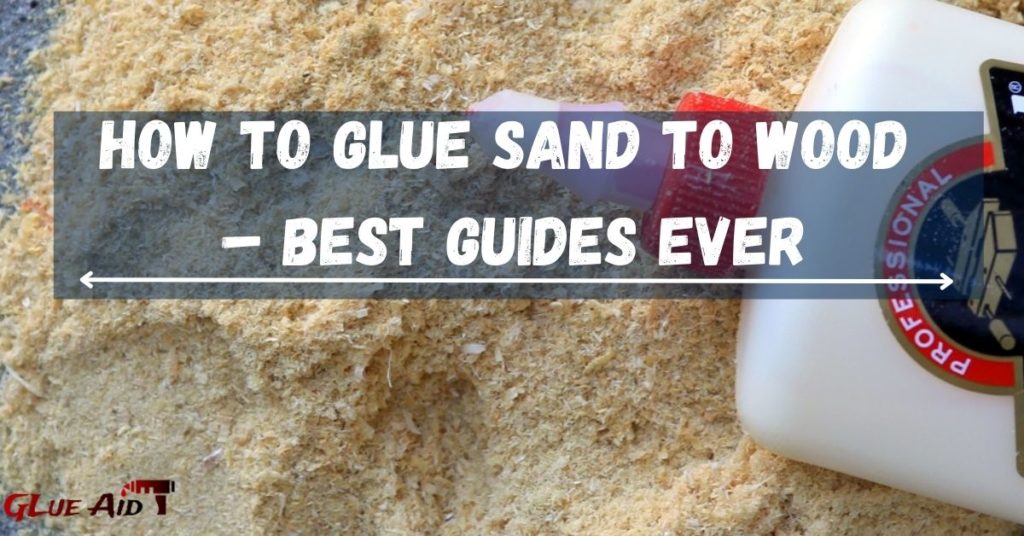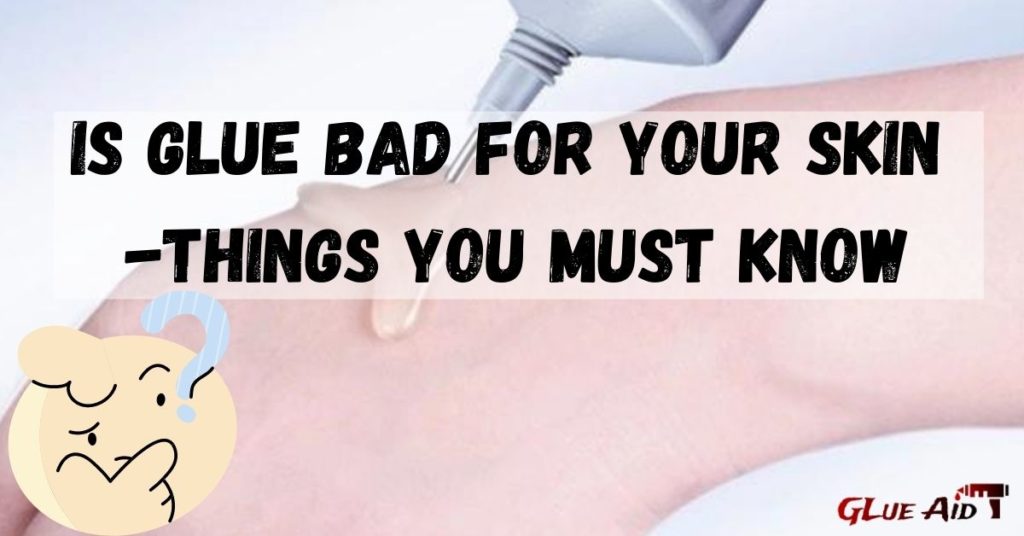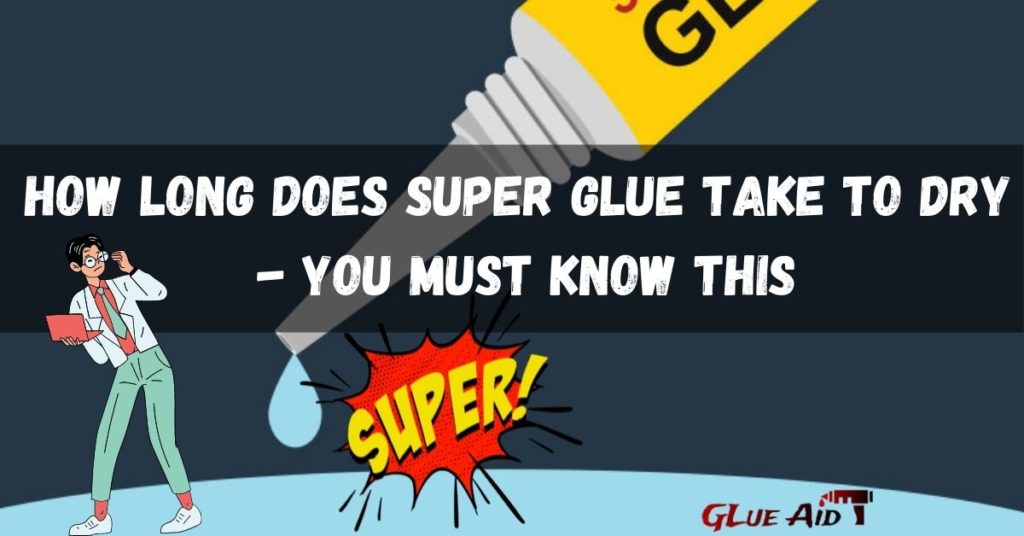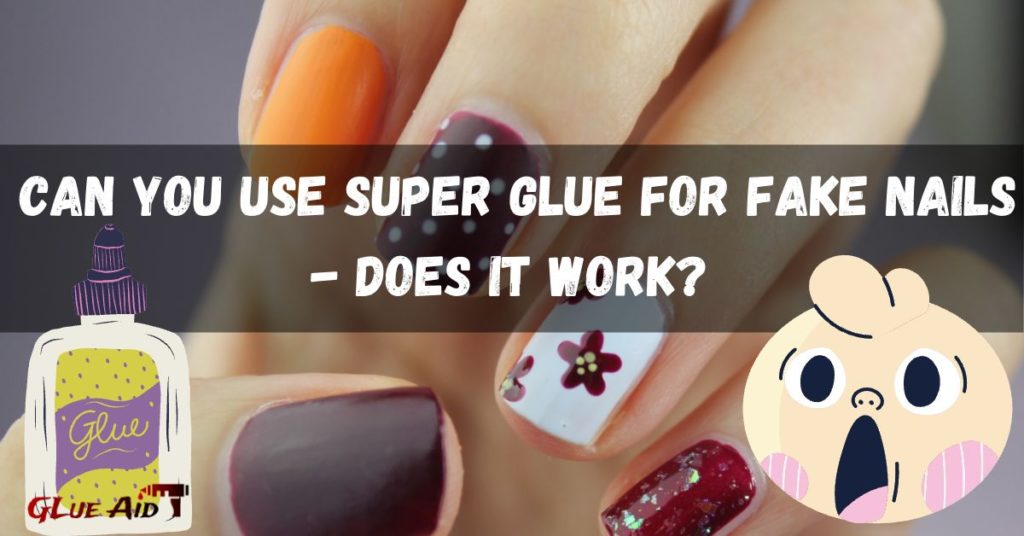You need a good adhesive for binding materials on different surfaces. One of the best adhesives you should consider is polyurea adhesives. It’s easy to install and cures to a good level of hardness. Polyurea adhesives are durable since they form a strong chemical bond with surfaces and take less time to cure.
However, they require you to hire a professional to install them and also need special equipment during installation. Read on and get an in-depth explanation about all these in this article. We’ll show you the pros and cons of polyurea adhesives to help you make an informed decision when looking for the best sealant.
Table of Contents
In-Depth Explanation of The Pros and Cons of Polyurea Adhesives
Pros of Polyurea Adhesives
Durable
One major reason you need to use polyurea adhesives is that they last longer on surfaces. The adhesive creates durable bonds that can withstand vibrations or stress. It can also reduce the noise and vibration intensity which can affect surfaces. Durable adhesives mean you’ll not have to do frequent repairs on surfaces or replace worn-out edges.
Takes Less Time to Cure
Another advantage of opting for polyurea adhesives is that they take less time to cure. This adhesive can dry off within seconds, proving how efficient it is. A fast-drying adhesive is also a time saver as the duration you’ll take working on surfaces will reduce. Your expenses will also decrease as the professionals will not require more days to apply it.
It’s Multi-Purpose
The best thing about this adhesive is that it’s multipurpose. You can use polyurea adhesive on automotive floors, walls, or machines. You can also apply it using different application methods like manually through a cartridge or by automated application machinery.
Its Heat Resistant
A heat-resistant adhesive means it will last longer on surfaces. You can use a heat-resistant adhesive in areas that experience extreme temperatures throughout the year. It also allows you to use it on heating equipment or surfaces nearby. This adhesive can withstand extreme temperatures of between -40 and 200 degrees Celsius.
Low Energy Consumption
You will not require an additional heating source to help this adhesive cure faster. This is because it dries off more quickly on the surface, saving you from extra work. Your energy consumption will also not be high, saving you from high bills.
Makes Surfaces Look Beautiful and Attractive
Applying polyurea adhesives on your surfaces will give them a glossy and attractive look. This will make them stand out from the rest. And since the adhesive is durable and heat resistant, your surfaces will look good all through. This makes the glue a decorative coat you should consider over other adhesives.
Allows For Modification
You can modify the elasticity and strength of the polyurea adhesive. This enables you to get the desired result without spending more money on a different adhesive that can offer a good adhesion profile. But this requires an expert who understands the chemistry of the polyurea adhesives.
Cons of Polyurea Adhesives
It’s Expensive
Polyurea adhesives are more costly than other adhesives in the market. This means if you opt to use it, you’ll spend more money than when you could have used the others. However, you’ll not have to do regular maintenance or replacements as their durable and of high quality.
It Requires Professional Installation
Another disadvantage of settling for the polyurea adhesive is that you can’t do it as a DIY if you’re not a professional. If you do so, your coatings won’t last long, and the surfaces will not look professional as they should. Note that polyurea adhesives need high accuracy level and have a small margin of error.
This means you’ll have to spend additional money hiring a professional to install the adhesive to get a clear precision. Additionally, the work is too involving that the professionals have to work faster to match the adhesive’s short cure time. Mixing the polyurea compounds also requires expertise for you to get good results.
You Need to Use High Tech Machinery to Install
Before applying the polyurea adhesive, you’ll have to prepare the surface where you want to work on. This requires you to use high-tech equipment, which can be costly to hire or buy. This can be costly on your side and will inconvenience your budget.
What Are the Uses of Polyurea Adhesives?
Polyurea adhesives have numerous uses since they have good bonding properties and dry off faster.
These include:
- You can use it in vehicle assembly. For example, you can use it to help bond lightweight materials and attach them to fasteners. You can also use it to reinforce PU foam, reducing the costs of buying hard parts for the foaming process.
- Furthermore, you can also use this adhesive to create bonds on wooden, metallic, or glass materials on irrigation systems or pipelines. Since it’s waterproof, you can use it on outdoor surfaces and have them last longer. It will help prevent corrosion on these surfaces and also make them leak-free.
- Most security and defense sectors use polyurea adhesives. This is because its heat resistant and durable. Remember, explosives have high energy content and require devices with a coating that contract or expands at any time if there’s a temperature change. The military machinery also requires a dent-free, leak-free layer free of scratches. This is only capable with polyurea adhesives, which will also make them glossy and attractive.
- Polyurea adhesives will help manage bacteria and virus infections in the health facility. This is because it helps seal off walls and floors with cracks or scratches that can hide these deadly organisms that can cause reinfection to patients. It will also reduce the cleaner’s work as they’ll not have to do regular cleaning of surfaces to get rid of bacteria and viruses.
- You can also use polyurea adhesive to restore the look of a worn-out concrete surface, giving it an additional protective layer. It will seal off the cracks and make the surface serve you for a bit longer. So, polyurea adhesive is a good secret for those in the construction field.
Which Methods Should You Use When Applying Polyurea Adhesives?
There are different methods you can use to apply the polyurea adhesive. Each application mode depends on the work area and the result you want to achieve. For example, if the surface you’re to apply this adhesive is bigger, the high-pressure hot spray is the best choice. But this is majorly done by professionals who understand the polyurea adhesive properties.
However, other methods like warm spray coating and low-pressure coating are ideal for relatively smaller surfaces.
Frequently Asked Questions(FAQs)
Are polyurea adhesives toxic?
Polyurea adhesives are not toxic. They are primarily made of polyurethane, which is a synthetic material with low toxicity. Other ingredients in the adhesive increase its durability and make it less porous, but do not alter its safety.
Why is polyurea so expensive?
Polyurea is expensive because the raw materials are expensive and it is very difficult to get large quantities of these raw materials. Polyurea is also hard to make, which places a premium on the supplies.
What can polyurea be used for?
Polyurea is a chemical product commonly used for the insulation of pipes, tanks, boiler systems, and other hydraulic components. Polyurea provides continuous insulation to the fluid inside the pipe system to reduce heat loss through the pipe wall. This helps limit the energy consumption of the system.
Is polyurea coating waterproof?
Polyurea is a waterproof polymeric coating. Polyurea will not allow water to pass through it. It can be applied to buildings and bridges that face rising waters or to surfaces subject to heavy rain and snow because the material will not absorb water and does not degrade.
What is the difference between polyurea and polyurethane adhesives?
Polyurea is a waterless, self-priming polymer system that is applied directly to the substrate. Polyurea offers good chemical resistance and good adhesion to many substrates including elastomers, metals, plastics, and many types of coatings.
Polyurethane is a two-part polyester resin system where the isocyanate cross-links with the polyol in a reaction that forms both an ester linkage and a urethane linkage.
How long does polyurea last?
Polyurea coatings are a group of polymers that are often used to cover concrete or other surfaces that are porous. Polyurea coatings last for up to 10 years, depending on the application and its service required, which is generally around 5-10 years. This type of coating also provides excellent water repellent qualities which helps keep moisture from being absorbed by the coating.
Is polyurea better than epoxy?
Polyurea is a type of polymer sealant that is very resistant to corrosion, which can be used as an alternative to epoxies. Polyureas are known for their tough properties and stronger bonding. These two aspects make polyurea the better option between the two. The bonding makes it resistant to heat, vibration, chemicals, and moisture. Polyurea also has a faster performance time than epoxy.
Bottom Line
So, what are the pros and cons of polyurea adhesives? Polyurea adhesives help create a great bond between surfaces. It also makes these surfaces durable, glossy, and attractive. The good thing about these adhesives is that they take less time to dry off and are easy to install.
However, they require professionals who understand their properties to fix them. You also need to use high-tech equipment during installation to get impressive results, especially on bigger surfaces. But when you apply it on surfaces, it will help seal them off from water, bacteria, viruses, and corrosion. This enables the walls or floors to serve you longer, reducing maintenance costs.
Relevant Resources:
